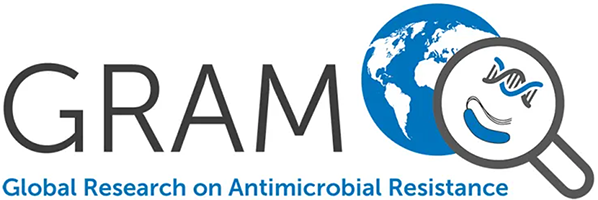Intravenous Doxycycline, Azithromycin, or Both for Severe Scrub Typhus.
Varghese GM., Dayanand D., Gunasekaran K., Kundu D., Wyawahare M., Sharma N., Chaudhry D., Mahajan SK., Saravu K., Aruldhas BW., Mathew BS., Nair RG., Newbigging N., Mathew A., Abhilash KPP., Biswal M., Prasad AH., Zachariah A., Iyadurai R., Hansdak SG., Sathyendra S., Sudarsanam TD., Prakash JAJ., Manesh A., Mohan A., Tarning J., Blacksell SD., Peerawaranun P., Waithira N., Mukaka M., Cheah PY., Peter JV., Abraham OC., Day NPJ., INTREST Trial Investigators None.
BACKGROUND: The appropriate antibiotic treatment for severe scrub typhus, a neglected but widespread reemerging zoonotic infection, is unclear. METHODS: In this multicenter, double-blind, randomized, controlled trial, we compared the efficacy of intravenous doxycycline, azithromycin, or a combination of both in treating severe scrub typhus. Patients who were 15 years of age or older with severe scrub typhus with at least one organ involvement were enrolled. The patients were assigned to receive a 7-day course of intravenous doxycycline, azithromycin, or both (combination therapy). The primary outcome was a composite of death from any cause at day 28, persistent complications at day 7, and persistent fever at day 5. RESULTS: Among 794 patients (median age, 48 years) who were included in the modified intention-to-treat analysis, complications included those that were respiratory (in 62%), hepatic (in 54%), cardiovascular (in 42%), renal (in 30%), and neurologic (in 20%). The use of combination therapy resulted in a lower incidence of the composite primary outcome than the use of doxycycline (33% and 47%, respectively), for a risk difference of -13.3 percentage points (95% confidence interval [CI], -21.6 to -5.1; P = 0.002). The incidence with combination therapy was also lower than that with azithromycin (48%), for a risk difference of -14.8 percentage points (95% CI, -23.1 to -6.5; P<0.001). No significant difference was seen between the azithromycin and doxycycline groups (risk difference, 1.5 percentage points; 95% CI, -7.0 to 10.0; P = 0.73). The results in the per-protocol analysis were similar to those in the primary analysis. Adverse events and 28-day mortality were similar in the three groups. CONCLUSIONS: Combination therapy with intravenous doxycycline and azithromycin was a better therapeutic option for the treatment of severe scrub typhus than monotherapy with either drug alone. (Funded by the India Alliance and Wellcome Trust; INTREST Clinical Trials Registry-India number, CTRI/2018/08/015159.).

